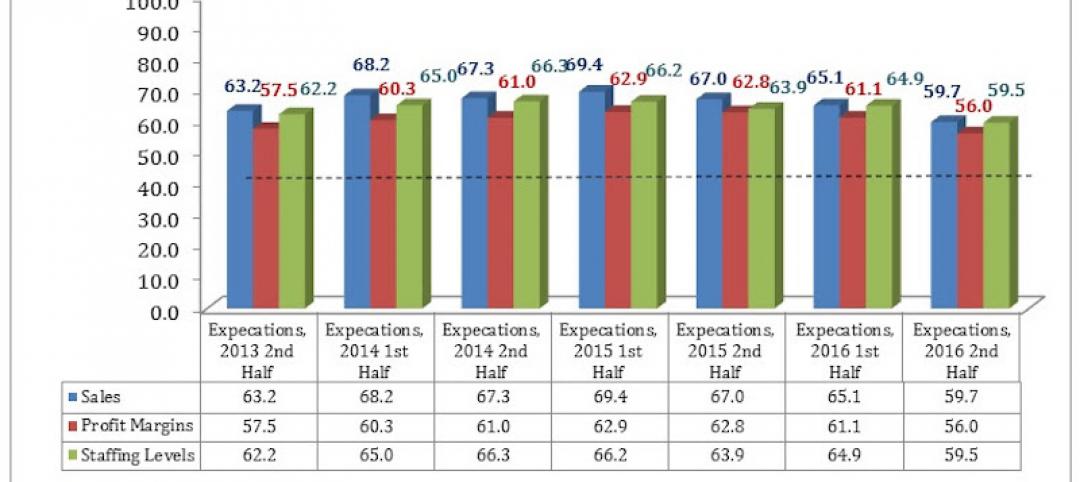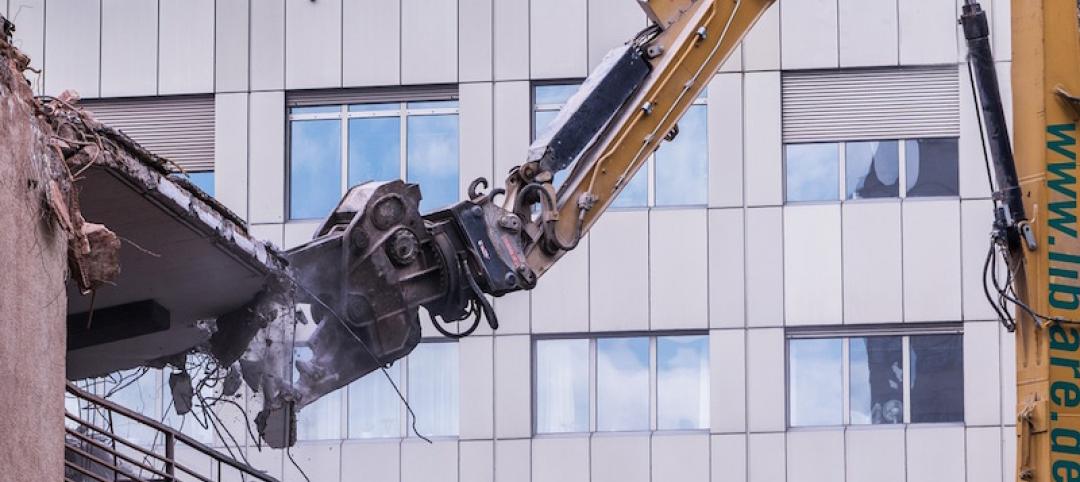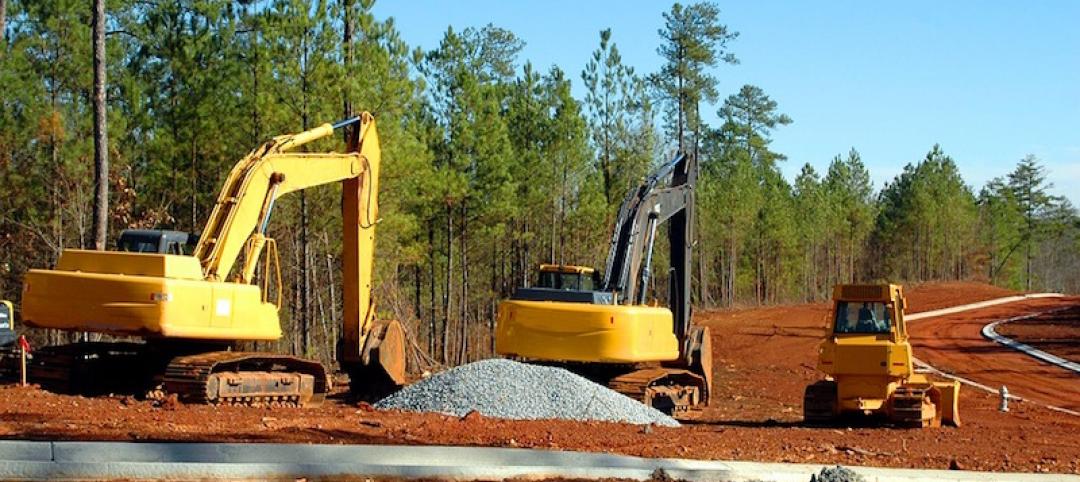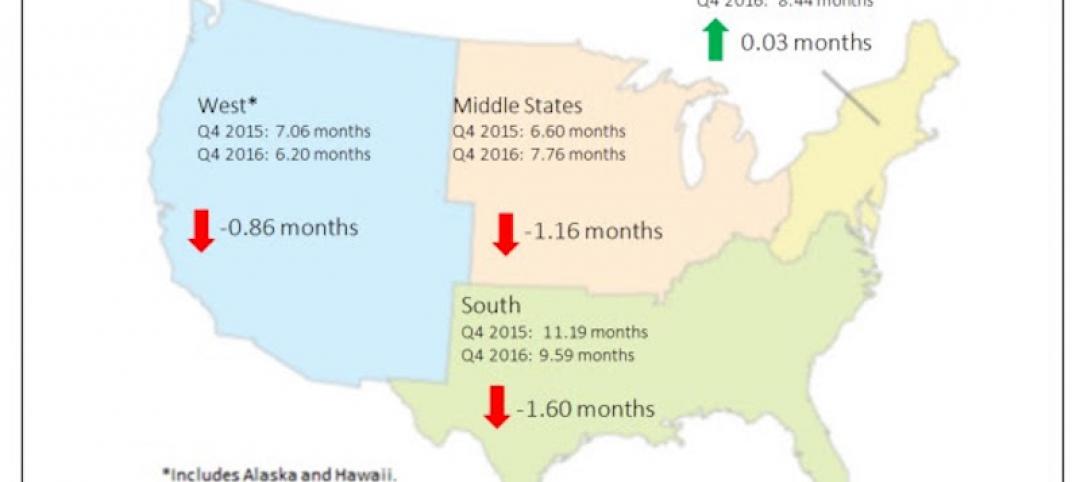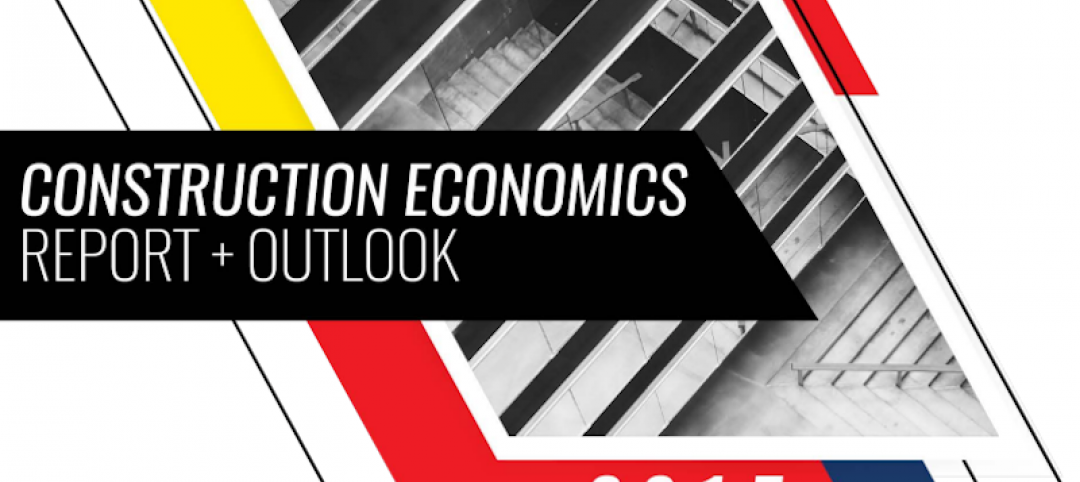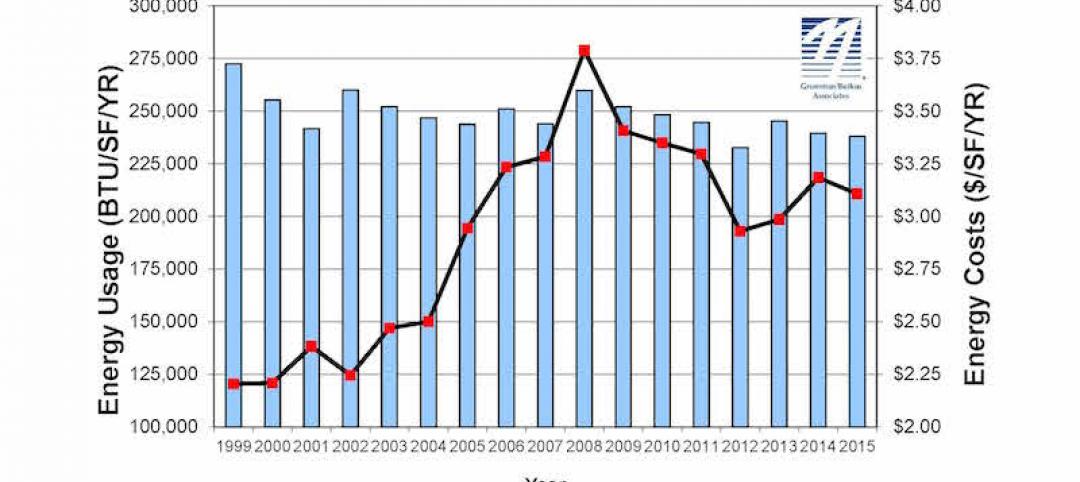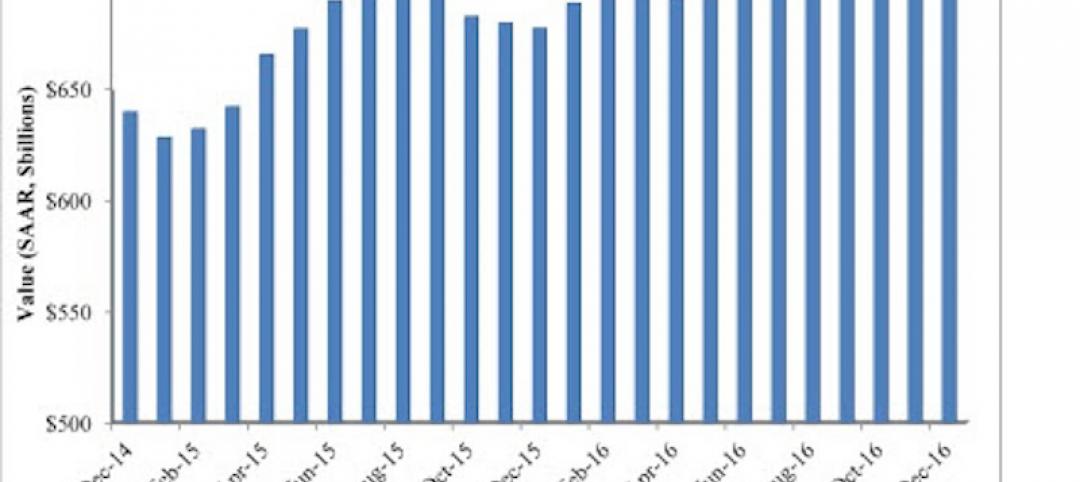The Council on Tall Buildings and Urban Habitat (CTBUH) has released its annual report, CTBUH Year in Review: Tall Trends of 2019, part of the Tall Buildings in Numbers data analysis series. The report shows that 126 buildings of 200 meters’ height or greater were completed in 2019, including 26 “supertall” buildings of at least 300 meters’ height, a new record.
The total number of supertall buildings worldwide is now 170. In 2013, there were 76 buildings 300 meters or higher worldwide; in 2000, only 26. The 530-meter Tianjin CTF Finance Centre in Tianjin, China was the tallest building completed in 2019.
“This is the fifth year in a row that a building over 500 meters has been completed, which is a remarkable accomplishment for the building industry – it was only 15 years ago that such buildings didn’t exist,” said CTBUH Chief Executive Officer Antony Wood.
Overall, the number of completed buildings of at least 200 meters in 2019 declined by 13.7% (there were 146 in 2018). This is the first year in which the overall completion figure declined since the 2010 to 2011 gap, which was attributed to the lag effect of project cancellations due to the 2008 recession. Due to the long lead times inherent to skyscraper construction, many of the projects completing in 2019 were conceived and initiated five or more years ago, and thus reflect the development circumstances of a half-decade prior.
However, 2019 proved to be a significant year for some areas that did not already have an abundance of tall buildings, and in some cases, had never been on the 200-meter-plus list before. The African continent and the nation of Algeria alike got a new tallest building: the Great Mosque of Algiers (265 meters). And on the opposite end of Africa, The Leonardo (227 meters) in Johannesburg, South Africa, became that nation’s new tallest building, and the second-tallest building on the continent. Europe also gained a new tallest building, after a long gestation period (including a change of site) – the Lakhta Center (462 meters) in St. Petersburg. And Brazil completed the Infinity Coast Tower (235 meters), which is the country’s first building to exceed 200 meters, despite being a nation of many tall buildings.
Looking into 2020, CTBUH currently projects a similar range for the expected number of completions for 200-meter-plus buildings: between 115 and 145. Of these, between 17 and 30 are expected to be supertalls (300 meters and higher).
View the full and interactive report on The Skyscraper Center.
Related Stories
Market Data | Mar 29, 2017
Contractor confidence ends 2016 down but still in positive territory
Although all three diffusion indices in the survey fell by more than five points they remain well above the threshold of 50, which signals that construction activity will continue to be one of the few significant drivers of economic growth.
Market Data | Mar 24, 2017
These are the most and least innovative states for 2017
Connecticut, Virginia, and Maryland are all in the top 10 most innovative states, but none of them were able to claim the number one spot.
Market Data | Mar 22, 2017
After a strong year, construction industry anxious about Washington’s proposed policy shifts
Impacts on labor and materials costs at issue, according to latest JLL report.
Market Data | Mar 22, 2017
Architecture Billings Index rebounds into positive territory
Business conditions projected to solidify moving into the spring and summer.
Market Data | Mar 15, 2017
ABC's Construction Backlog Indicator fell to end 2016
Contractors in each segment surveyed all saw lower backlog during the fourth quarter, with firms in the heavy industrial segment experiencing the largest drop.
Market Data | Feb 28, 2017
Leopardo’s 2017 Construction Economics Report shows year-over-year construction spending increase of 4.2%
The pace of growth was slower than in 2015, however.
Market Data | Feb 23, 2017
Entering 2017, architecture billings slip modestly
Despite minor slowdown in overall billings, commercial/ industrial and institutional sectors post strongest gains in over 12 months.
Market Data | Feb 16, 2017
How does your hospital stack up? Grumman/Butkus Associates 2016 Hospital Benchmarking Survey
Report examines electricity, fossil fuel, water/sewer, and carbon footprint.
Market Data | Feb 1, 2017
Nonresidential spending falters slightly to end 2016
Nonresidential spending decreased from $713.1 billion in November to $708.2 billion in December.
Market Data | Jan 31, 2017
AIA foresees nonres building spending increasing, but at a slower pace than in 2016
Expects another double-digit growth year for office construction, but a more modest uptick for health-related building.



